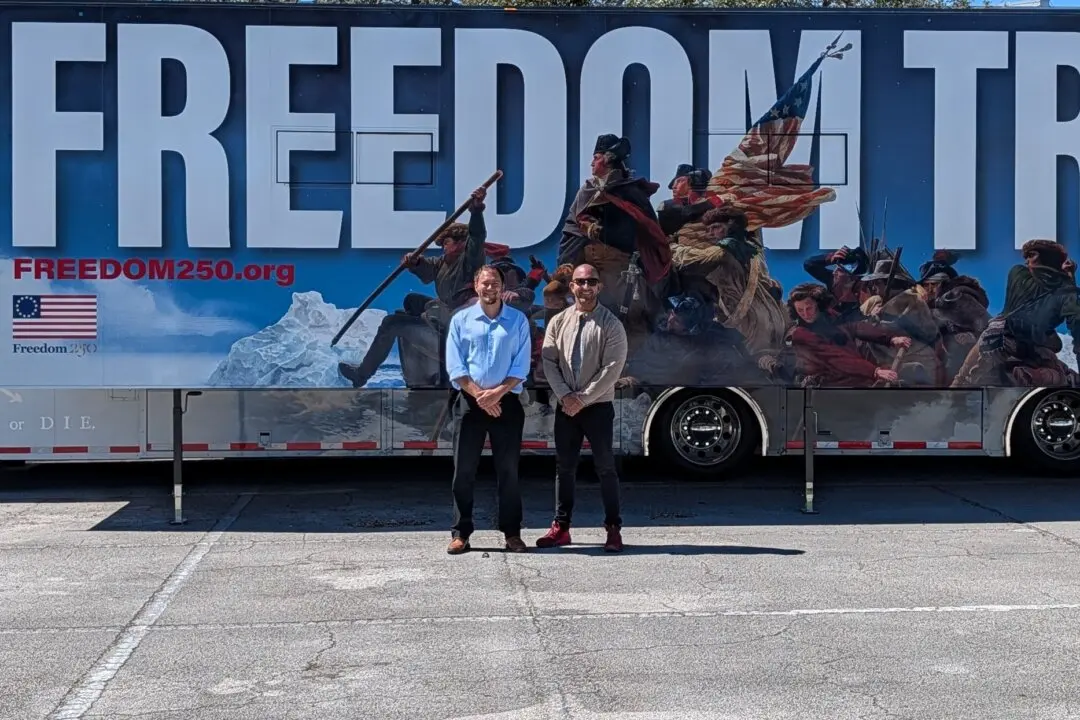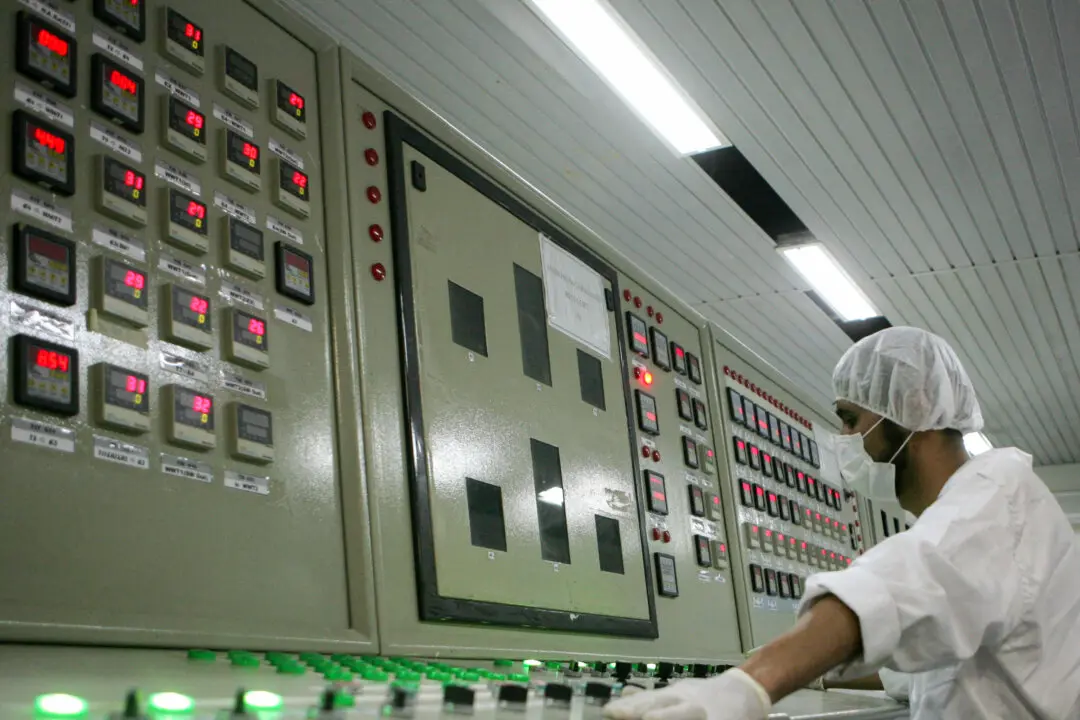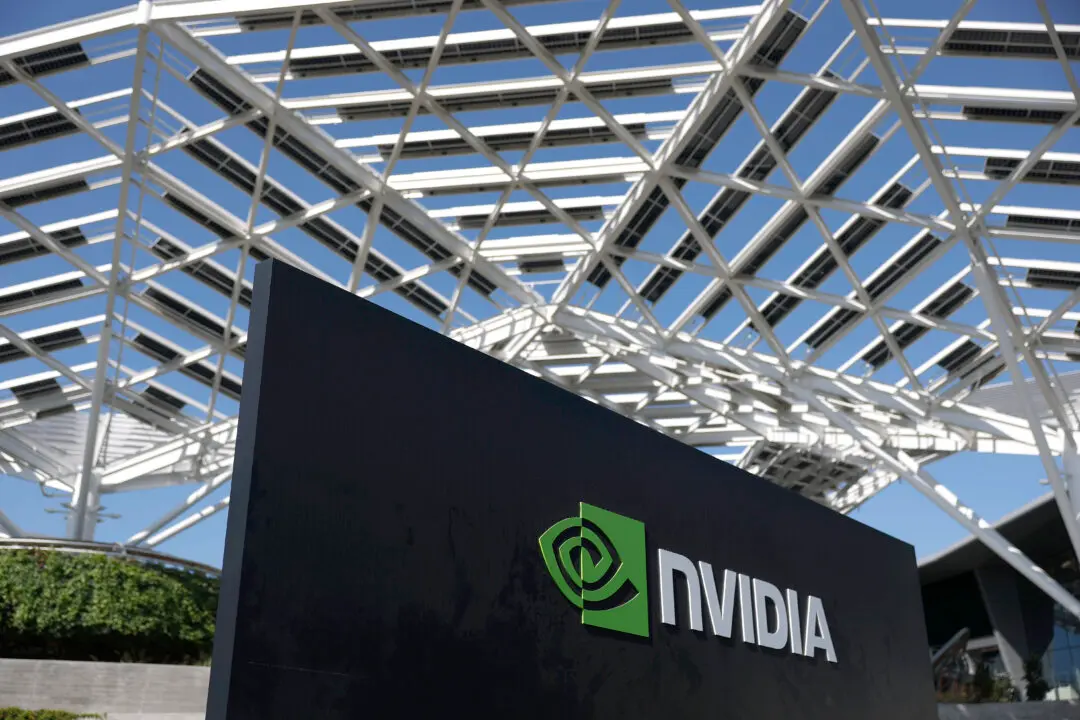A Republican-led congressional panel advanced two election integrity bills on May 23, sending them to the House floor after several Democrat-proposed amendments failed.
The Committee on House Administration considered HR 8399, the Preventing Foreign Interference in American Elections Act, and HR 8281, the Safeguard American Voter Eligibility (SAVE) Act, introduced by Rep. Chip Roy (R-Texas) in early May.





